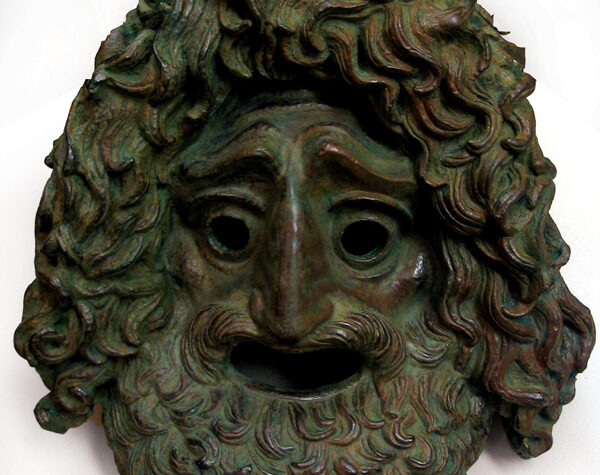The term “prosody” is central to the study of poetry and linguistic rhythm. Here’s an overview of its definition, etymology, and origin:
- Definition: Prosody refers to the patterns of rhythm, stress, and intonation in language. In poetry, it encompasses the meter, rhythm, and sound patterns used to convey meaning and emotion. Prosody is also used in linguistics to describe the tonal and rhythmic aspects of spoken language.
- Etymology and Origin:
- The word “prosody” comes from the Latin “prosodia,” borrowed from the Greek “prosōidía,” meaning “song sung to music,” or “tone of a syllable.” The Greek term is derived from “pros,” meaning “towards” or “pertaining to,” and “ōidē,” meaning “ode” or “song.”
- Historically, prosody was closely tied to the musical aspects of poetry in ancient Greek and Roman cultures. The Greeks were particularly attentive to the rhythmic and melodic qualities of language, which they incorporated into their poetry.
- The term has evolved over time. In classical antiquity, it referred more to the pitch or accentual characteristics of language. In the modern sense, especially in English literary studies, it tends to focus more on meter and the rhythmic qualities of verse.
Prosody, therefore, connects the ancient Greek and Roman appreciation of the musicality of language with contemporary understandings of poetic form and structure. It represents a bridge between the musical and literary arts, underscoring the rhythmical and tonal qualities essential to both spoken and written language.





 Consider supporting the author with just $1 —a small gesture for you, but a significant boost for ongoing explorations and maintaining this space. Every dollar helps cover hosting, domain, and service fees.
Consider supporting the author with just $1 —a small gesture for you, but a significant boost for ongoing explorations and maintaining this space. Every dollar helps cover hosting, domain, and service fees.
1 comment